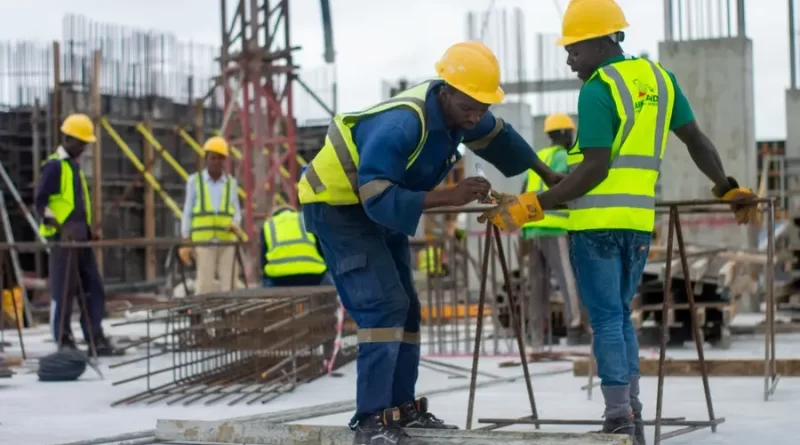Different Kinds of Construction Surety Bonds
A construction bond, also defined as an agreement or surety bond, assures the finalization of your deal. If the other party in the agreement fails to meet their obligations, you could seek compensation on the bond to recoup any economic loss.
A bid, performance, and payment bonds are the top three sureties in construction bonds. If you submit the winning bid, bid bonds ensure you accept the position. performance bond guarantees that you finish the project per the contract. On the other hand, payment bonds mandate that you honor the terms of the contract with your subcontractors.
This blog talks about a few types of construction surety bonds. Read on!
Performance
Performance bonds guarantee that the construction company will complete the project on schedule and comply with all applicable legal and regulatory requirements. If this is not done, the project owner may file a lawsuit to recover any financial losses sustained due to paying for the service to be redesigned or completed by another construction firm.
Bid
Bid bonds are used to guarantee that construction companies submit competitive bid propositions. They give project developers peace of mind that potential buyers have the monetary sustainability required to accept the position. If a bid is selected and the construction company declines the task, the project developer can make claims on the bond to recoup the disparity between that bid and the next maximum bid.
Payment
A payment bond guarantees that the construction company will pay its staff, independent contractors, and distributors in accordance with the negotiated conditions. Any of these parties may claim the payment bond for the full amount owing if the contractor denies paying the sum assured in the contract.
Supply
A supply bond ensures that distributors will provide the equipment and materials specified in the purchase agreement. If the supplier fails to deliver the agreed-upon materials, the bond sum could be used to reimburse the purchaser.
Contractor License
The only type of building bond still used today that is not project-specific is contractor license bonds. License bonds guarantee that the construction company will carry on with its operations morally, responsibly, and in line with the industry standards. For all construction firms to operate within a state, the states require both state and local licensing. Most other bonds described above are exclusive to one construction project and provide insurance for that project.
How Do These Bonds Work?
The surety guarantees regular payments to the claimant by advancing payout to the claimant, allowing the construction company breathing room to raise the necessary funds. The surety may also offer a repayment schedule in which the construction company repays the amount owed in installments. When a surety company pays a claim, it does not release the contractor from financial responsibility. Every surety agreement involves an indemnification clause requiring the construction company to pay back the surety for every claim paid out.
Conclusion
Now that you know the different types of surety bonds, you will better understand what you will require for your project. Individuals may be needed to acquire a construction bond depending on their role in the project construction. So, when you collaborate with a nationwide surety agency that can publish a performance bond, or any other one, acquiring a construction bond gets simple.
All said and done, construction bonds are usually needed, but obtaining one can be daunting if you own a new and small venture. Bonding solution providers offer customized services that assist their clients in obtaining the best bond at the best price. So, it’s better to find one of such agencies.
Read also: What do you need to be able to do as a construction engineer?




